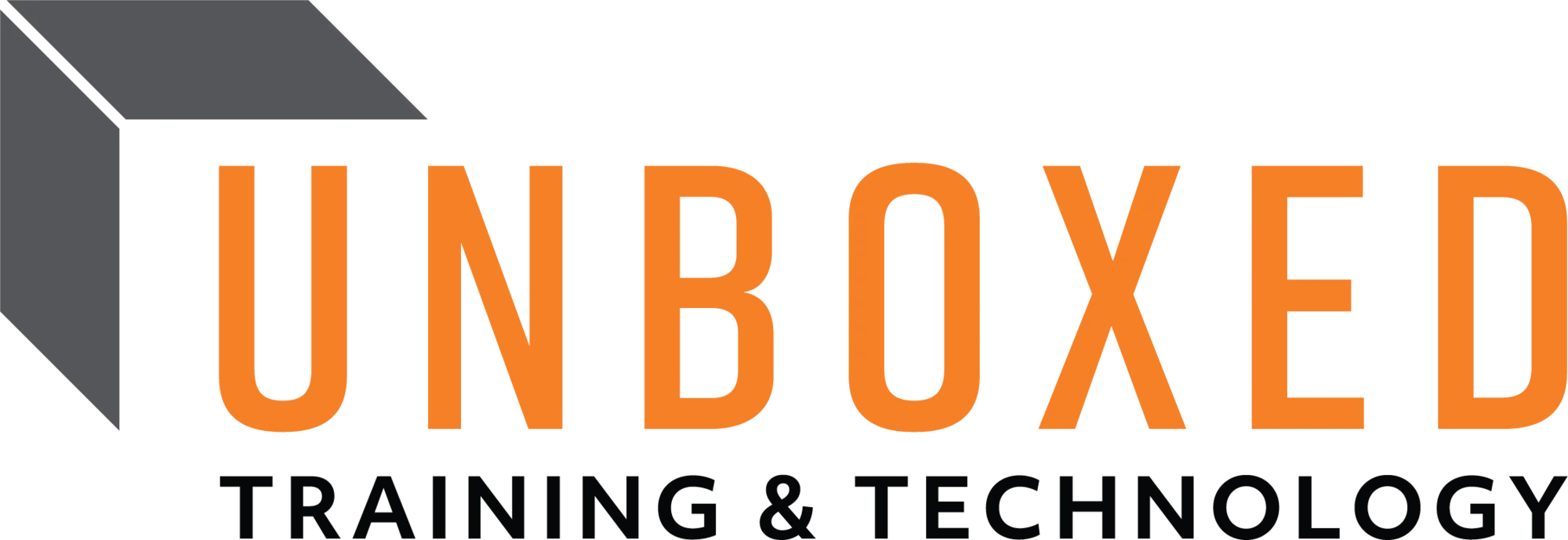ATD Blog
The Future of Sales Training: Unlocking Performance With AI-Powered Coaching and Sales Readiness
Fri Oct 25 2024

The sales world is turning upside down. Those preparing reps must adjust so their protegees can thrive. Shifting customer demands and the ever-evolving artificial intelligence (AI) landscape are forcing sales teams to transition from traditional training to continuous skill development.
Research indicates that continuous training and coaching, along with real-time feedback, can improve performance by up to 88 percent compared to traditional static training. That’s why it’s important to shift focus from sales enablement to sales readiness—before even considering AI.
From Sales Enablement to Sales Readiness
Sales enablement provides reps with content, tools, and training. But as competition intensifies, organizations are shifting toward sales readiness. This strategy emphasizes developing and practicing skills reps need to effectively address real-world challenges.
A Forrester study found that 62 percent of the field’s leaders prioritize sales readiness as a key strategy, underscoring a growing recognition of the need for readiness over enablement. Sales readiness requires ongoing practice, skill assessment, and gap analysis to continually prepare reps for evolving customer needs.
Coaching: The Cornerstone of Sales Readiness
Effective coaching drives readiness, offering guidance and feedback and helping sales professionals translate training into action. Delivering personalized coaching at scale, however, can be challenging. According to the Sales Management Association, companies offering formal coaching report a 16.7 percent higher win rate.
Personalized feedback is key; research shows reps who receive tailored coaching see a performance boost of up to 27 percent. Personalized coaching fosters targeted skill development, making it a vital component of any readiness program.
The Role of AI in Sales Coaching and Readiness
AI is a natural support for this shift to sales readiness. AI tools provide real-time feedback, help identify skill gaps, and streamline personalized coaching efforts, making coaching more efficient.
AI provides clear benefits for both sales reps and their managers. A McKinsey report reveals that companies using AI in their sales processes see sales increase by 10 percent and cost reductions by 20 percent.
Additionally, AI helps sales managers automate assessments, enabling them to track team performance and quickly identify areas for improvement. This data-driven approach helps align coaching with business objectives, ensuring measurable progress.
Integrating AI Into Sales Readiness Strategies
To fully harness AI’s power, it must be integrated into a broader sales readiness strategy. Gartner reports that 84 percent of sales organizations prioritizing continuous development see substantial quota attainment improvements.
AI simulations and personalized assessments help reps practice in controlled environments, increasing confidence and preparation for live interactions. AI-driven readiness reports provide managers with actionable insights, helping them tailor coaching strategies to team needs.
The Long-Term Impacts of Coaching and AI on Sales Performance
Integrating AI-powered tools into coaching and training offers a significant performance boost. The Association for Training and Development found that companies investing in comprehensive sales coaching see a 50 percent increase in net sales per rep.
Organizations leveraging AI tools report higher engagement, better retention, and improved performance across their teams. The key to sustained sales success rests at the intersection of coaching, real-time feedback, and AI-driven learning tools.
Looking for a place to start? Check out the Essential B2B or B2C Sales Team Training Checklist.


